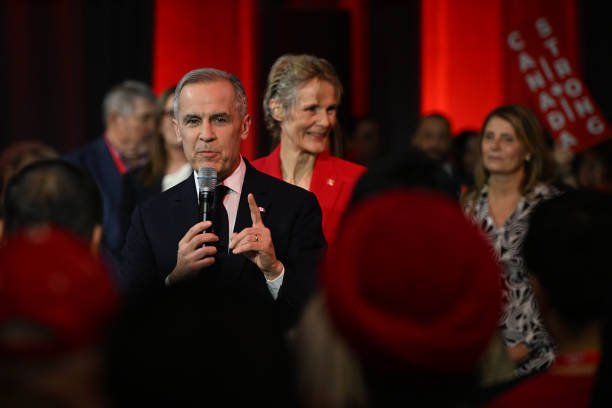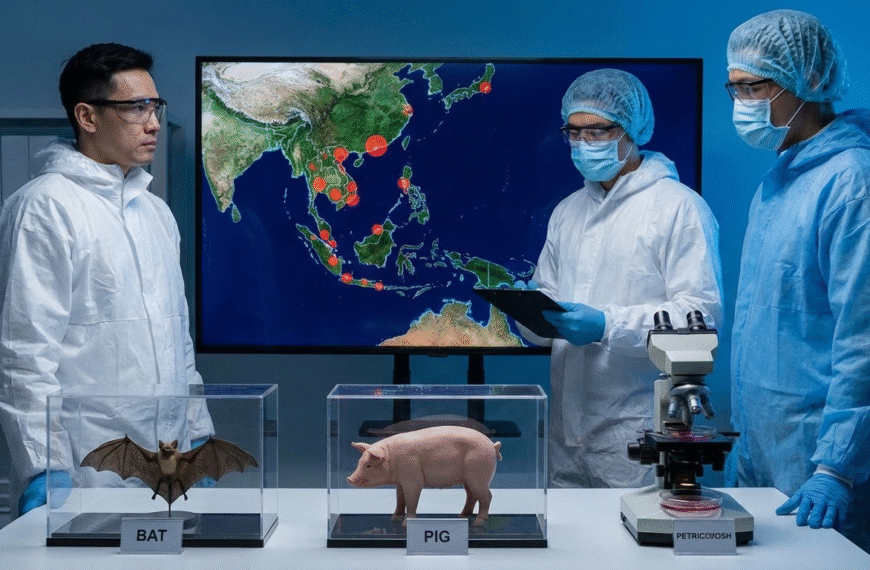Mark Carney has emerged as Canada’s next prime minister after a landslide victory in the Liberal Party leadership race, securing 85.9% of the vote. The former central banker steps into leadership at a crucial moment, facing economic challenges and growing tensions with the United States under President Donald Trump.
Carney’s leadership win follows the resignation of Justin Trudeau, who stepped down after nearly a decade in office amid declining public support. With Canada struggling with high living costs and a housing crisis, Carney now aims to rebuild trust and economic stability.
One of the key issues Carney addressed in his victory speech was the recent US-imposed tariffs on Canadian goods. He vowed to defend Canada’s economy, stating that trade disputes would not weaken the country. In response to American tariffs, Canada has imposed its own measures, signaling a tough stance on trade relations.
Carney also promised significant economic reforms, focusing on boosting energy projects, investing in housing, and expanding clean energy initiatives. He aims to make Canada more self-reliant by diversifying trade beyond the US and reducing government expansion.
The political landscape in Canada has shifted dramatically since Trudeau’s resignation. Initially, the Conservatives, led by Pierre Poilievre, had a strong lead in polls. However, with Carney at the helm, the Liberal Party has gained ground, making the upcoming elections highly competitive.
As he prepares to take office, Carney faces the challenge of navigating Canada through economic uncertainties, strengthening trade policies, and restoring public confidence. With a mix of financial expertise and strong leadership, his next steps will shape the country’s future.






















